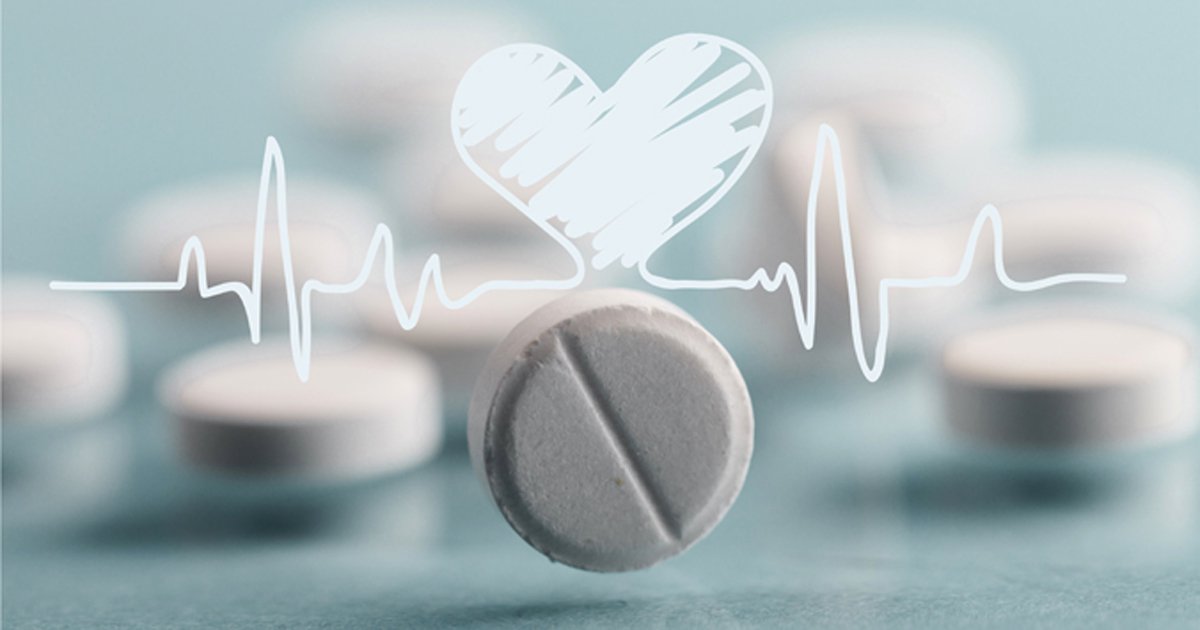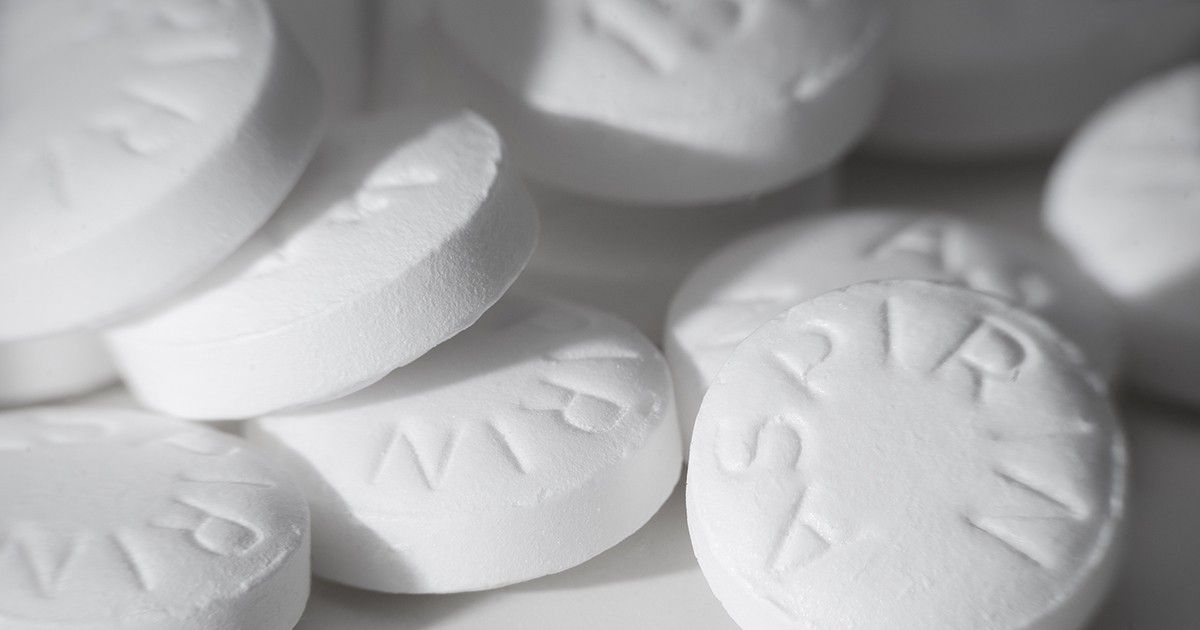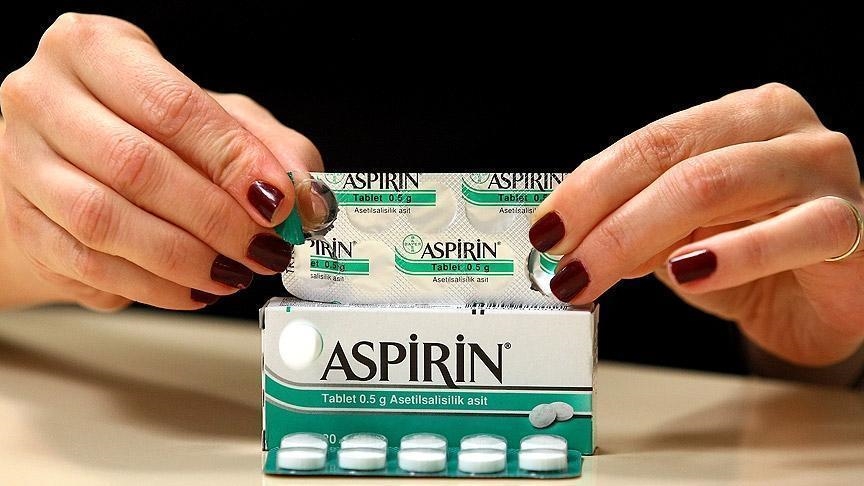One of the effective solutions against coping with respiratory illness seems to be vaccination, as two doses of the Pfizer or AstraZeneca vaccine offer up to 96 percent protection against hospitalization, according to the Office for National Statistics.
Now, researchers have identified a new way that can help reduce the length of hospital stay.
A study published in the journal The Lancet looked at the link between taking aspirin and COVID-19. Aspirin is a common sedative used to treat all types of pain, writes Express.co.uk .

Most types are readily available at most pharmacies, stores and supermarkets. The new trial compared aspirin intake with routine care in hospitalized patients with COVID-19. About 177 hospitals in the UK along with two hospitals located in Indonesia and two in Nepal participated in this study.
The sample group receiving aspirin received standard care plus 150 micrograms (mg) of sedative per day. Aspirin usually comes in the form of a 300 mg tablet with the recommended dose of one or two tablets every four to six hours, the NHS explains. The study lasted for five months from November 2020 to March 2021.

About 14,892 patients were enrolled in the trial and divided into two groups, one taking aspirin and the other adhering to routine care. The aspirin group was hospitalized for a "slightly" shorter time, with an average of eight days.
A larger percentage left the hospital alive within 28 days. Taking aspirin was also associated with a lower risk of thrombotic events. Thrombosis describes when blood clots block blood vessels. This can lead to various problems including a heart attack. COVID-19 has been associated with higher rates of blood clotting in people seriously ill with the virus.

Aspirin has also been linked to an increase in bleeding events. This is because the pain reliever is a blood thinner, which can make you bleed more easily. This can manifest as nosebleeds, lighter bruises, or bleeding that takes longer to stop when you cut yourself, the NHS says.
The main finding of this new study was a "slight" incentive to leave alive within 28 days and a possible reduction in the length of hospital stay.

